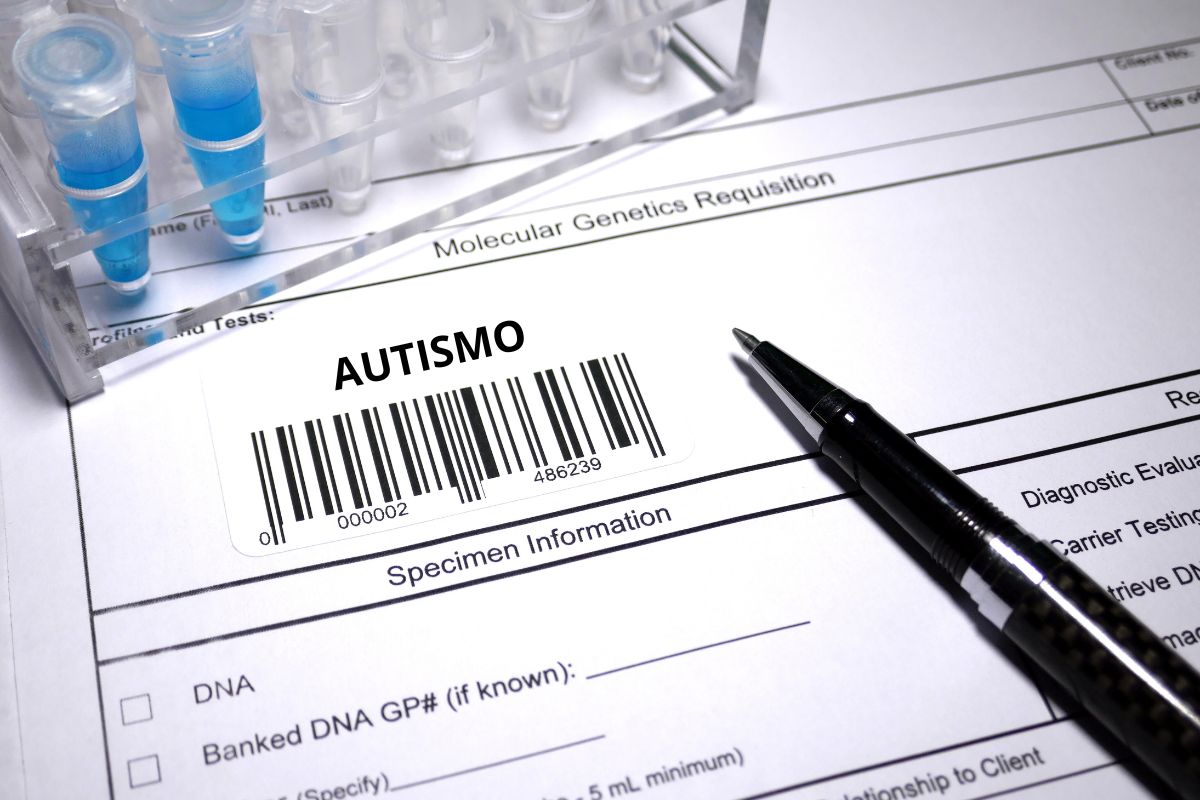In a study carried out at ICB-USP and the Institut Pasteur de São Paulo, researchers found that the neuroinflammation caused by congenital Zika syndrome may be a risk factor for autism.
June 4, 2024 – A study carried out by the Instituto de Ciências Biomédicas at the Universidade de São Paulo (ICB-USP) and the Institut Pasteur de São Paulo (IPSP) has shown, for the first time, that there is an association between congenital Zika syndrome (CZS) and autism. The researchers found that common consequences of the syndrome – such as neuroinflammation and problems in the formation of the connection between brain neurons (synapse) – may be risk factors for autism spectrum disorder (ASD).
“Autism is multifactorial, it has numerous genetic and environmental causes. In the study, we were able to prove that congenital Zika syndrome could be one of these environmental factors. Does this mean that every child whose mother was infected with the Zika virus during pregnancy will have autism? No. Our study showed, however, that in cases of congenital Zika syndrome, the risk of autism is increased,” explains Patrícia Beltrão-Braga, a professor at ICB-USP, researcher at the IPSP, and author of the study published in the journal Biochimica et Biophysica Acta – Molecular Basis of Disease.
The researcher says that cases of children with congenital Zika syndrome and autism spectrum disorder had already been described. “However, these were only case report studies. I have done the genetic analysis of one such case study and found no gene related to autism. With single cases like that, we might think that this could just be a coincidence,” she says.
In their work, however, the researchers were able to investigate the mechanisms that might be affecting the nervous system and causing autistic behavior in children with congenital Zika syndrome.
It is worth noting that Beltrão-Braga’s laboratory at the IPSP focuses on the study of neurodevelopmental disorders and the possible inflammatory pathways in common between them using mini-brains – simplified models of the organ grown in vitro and produced through tissue engineering.
Therefore, the researchers carried out experiments in vitro (with nervous system cells produced in the laboratory and infected with Zika), and in mice that were infected with Zika and manifested so-called “autistic-like” behavior. The study also investigated data from a cohort of 137 children born with congenital Zika syndrome.
“We did a test on the mini-brains and found that there were a series of alterations – such as fewer synapses, more cell death, neuroinflammation, altered glutamate uptake [an amino acid present in the central nervous system] – that were preventing the neurons from functioning properly. We noticed that the inflammation observed in the cells of the nervous system seemed to be compatible enough to cause changes in a child’s behavior, similar to what we had already seen modeling cells from children with autism in another study in 2018,” says Beltrão-Braga.
The researcher explains that the origin of the problem lies in astrocytes, neuronal cells that provide support for neurons to survive in the brain. “The astrocytes that give support and nutrition to the neuron. They also eliminate toxic substances in the brain. As the infected astrocytes were malfunctioning, they didn’t provide all the proper support for the survival of the neuron. As well as malfunctioning, it seems to be producing inflammatory cytokines, which worsens the functioning of the nervous system,” she says.
Beltrão-Braga says that in 2018 she carried out a similar study, but modeling cells from children with autism only. “I noticed that there was a similarity between the results of the two studies. So I went to get the data from the cohort of children who had been born with Zika in Pernambuco. Of the 137 children, seven had autism. That’s more than 5% or more than double the incidence of autistic children in the world, which according to the World Health Organization is 1%. This means that Zika infection is directly contributing to the outcome of autism in this disease,” he says.
In this way, the researchers point out that it is likely that autism in children with congenital Zika syndrome is a reflection of the altered astrocyte as a result of the Zika infection. “We believe that the presence of the virus during the embryonic period can trigger epigenetic reprogramming [when exposure to an adverse environment can alter the regulation of genes during embryonic development],” she says.
The article Zika virus infection impairs synaptogenesis, induces neuroinflammation, and could be an environmental risk factor for autism spectrum disorder outcome can be read at https://www.sciencedirect.com/science/article/abs/pii/S0925443924000863?via%3Dihub.



